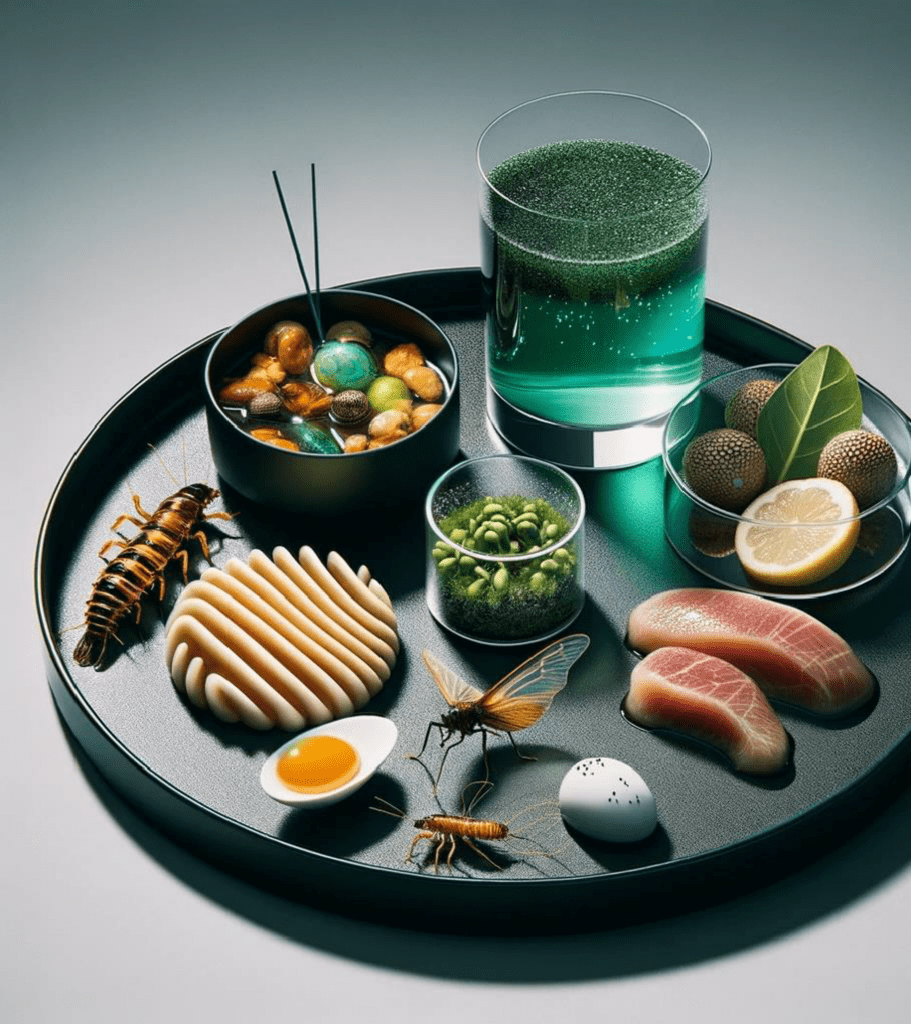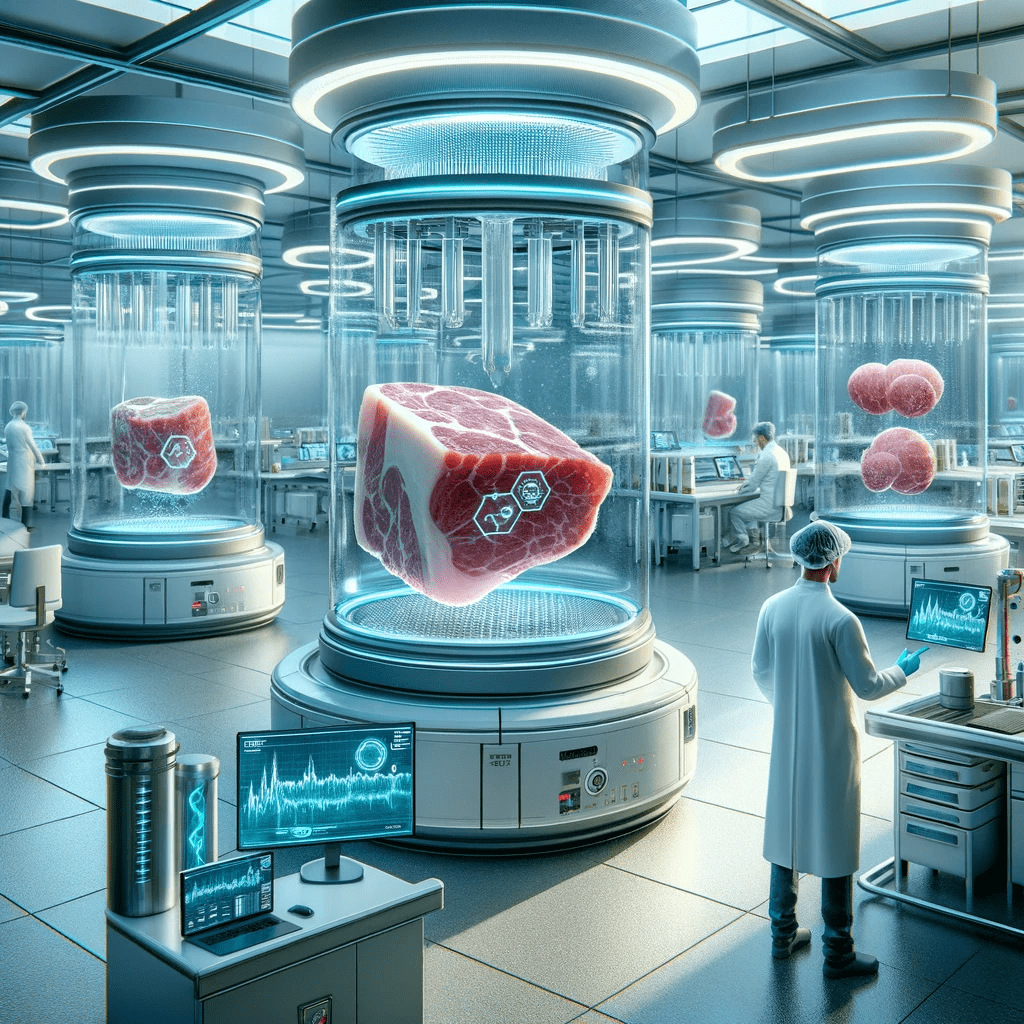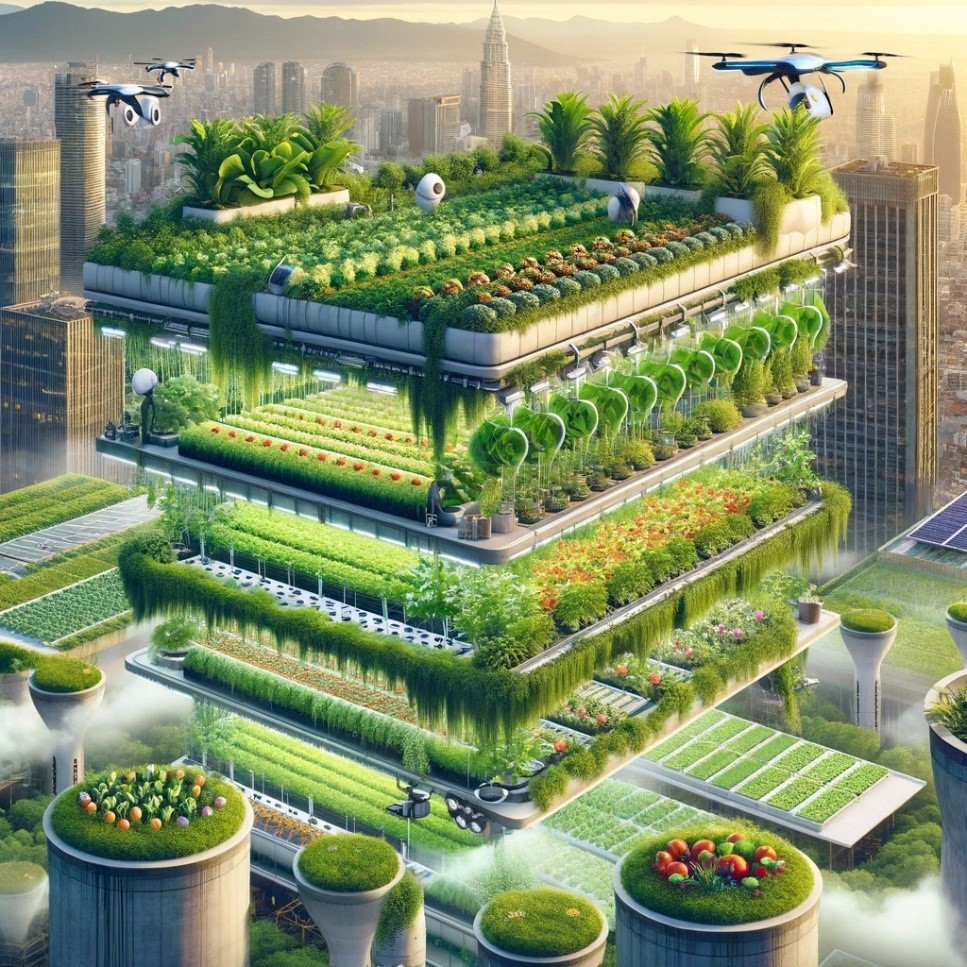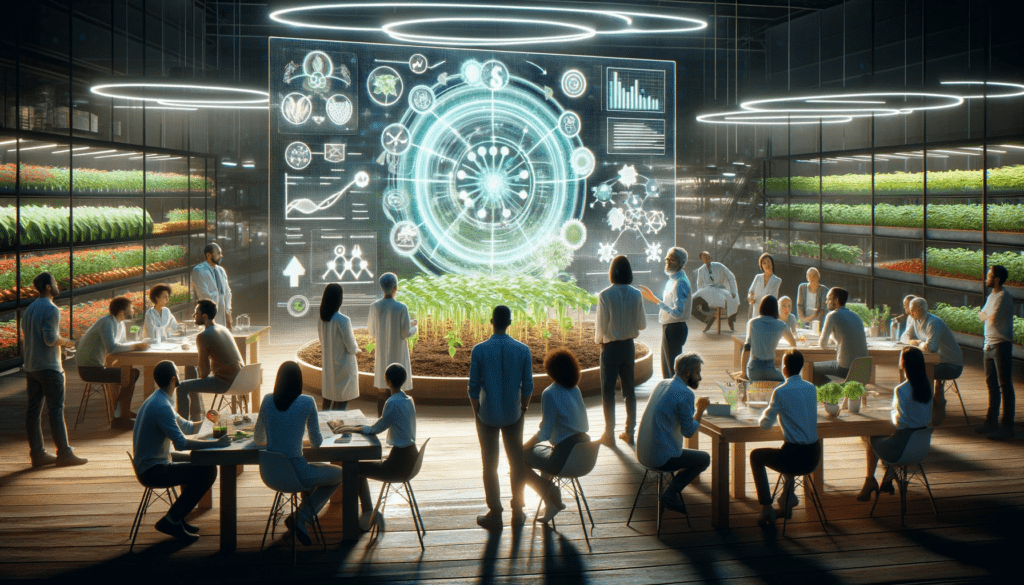Birgir Örn Smárason, professional director of the professional group Sustainability and fire, gave a speech at the Food Congress 2023, which was held recently. The talk has attracted a lot of attention, as he asked a question that many would like to know the answer to, What is for dinner in 2050?
The talk was, in line with the title, somewhat futuristic, but he used, for example, artificial intelligence in the creation of all visual material that appeared on the slides.

What's for dinner on a traditional Tuesday night in 2050? Birgir asked, and the artificial intelligence didn't answer. According to her, on offer will be cell cultured meat, insects, algae, both microalgae and macroalgae, 3D printed food and drink made from recycled water.
The need for change is considerable, as current food systems play a major role in climate change, deforestation and biodiversity loss. We therefore need to change gears in order to reduce these negative effects, but it is also important to adapt food production to the changes that have already taken place. In addition, the population on earth is increasing rapidly at the moment, and the demand for food will increase significantly in the coming years.
Adaptation and transformation are key when it comes to ensuring sustainable food production for the future, and technological development will play a major role in enabling us to make changes.
At Matís, much has been predicted about the future and the solutions we need to adopt to ensure the future of food production. For example, we have been involved in many projects, large and small, related to neoproteins. These include proteins derived from insects, macroalgae, microalgae, protozoa and grass protein. We have worked with people here in Iceland and around the world who are developing these new proteins and the technology behind them.
He gave specific examples of the projects NextGenProteins and Giant Leaps. The first project is a large European collaborative project that was completed this fall and was led by Matís. It focused on research on three types of sustainable neoproteins; microalgae, insect proteins and single cell proteins. The latter is a new project along these lines, but it seeks ways to accelerate changes in people's diets by influencing us, the consumers. They also seek to influence policies and orientation and try to overcome the regulations that are in force and prevent the use of new proteins and the technology behind them.
The technological revolution that is about to begin and the devices and tools that will affect food production in the coming years and decades were also the focus of Birgi's talk, and the artificial intelligence had no problem envisioning this.



In the end, the artificial intelligence created a picture of people who are deeply thoughtful about how our food systems work today and how they will develop in the coming decades, but that is exactly what we need to do, Birgir believes.

A recording from the Food Congress 2023 is available here and Birgis' speech begins at 6:01:30
Birgir will present the NextGenProteins project and its main results at the conference Green and Resilient Food Systems in Brussels 4.-5. december The main focus of this year's conference is the transition towards a sustainable food system for the benefit of the environment and the economy, and the NextGenProteins project seemed to speak particularly well to this theme.
The conference is organized by the European Commission and Food 2030. It will be possible to watch online, but the program and link to the stream is available here: Food 2030: green and resilient food systems
